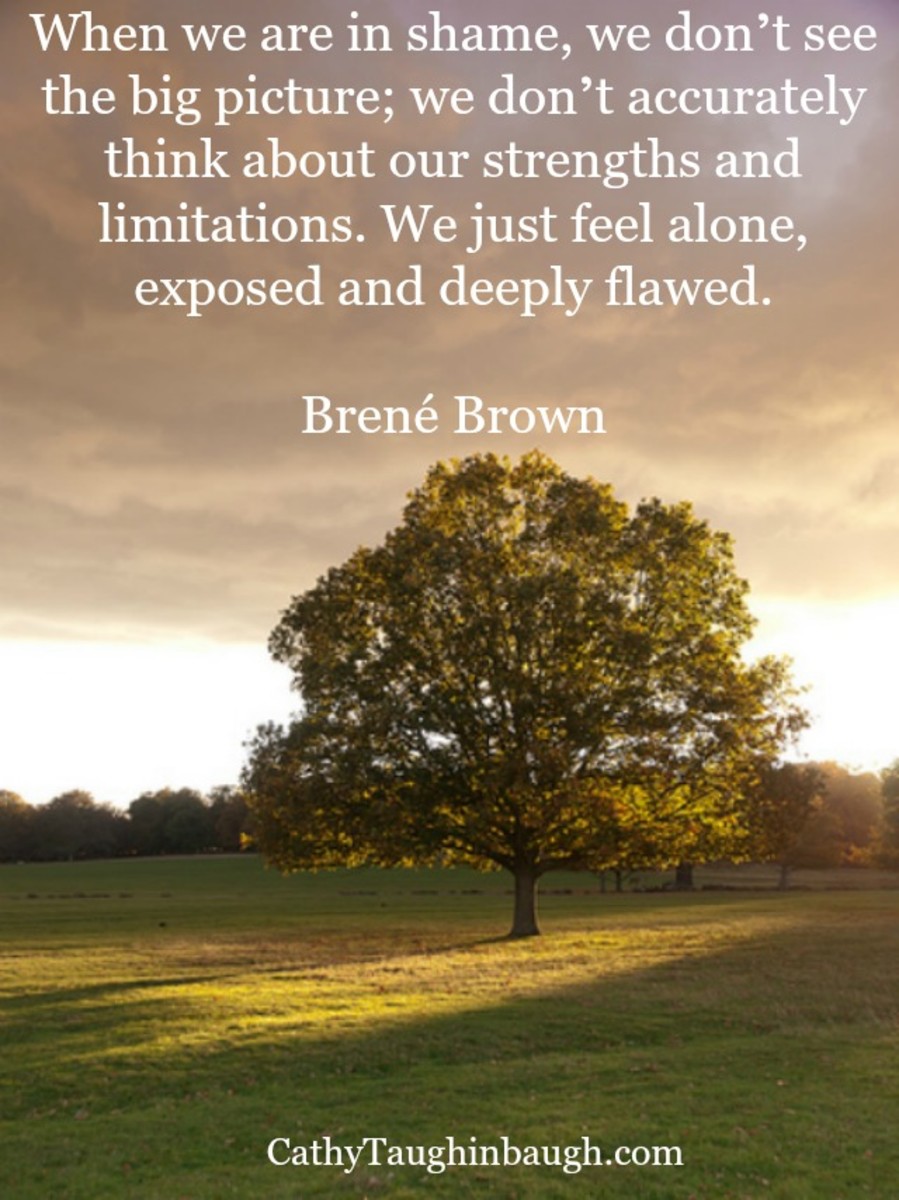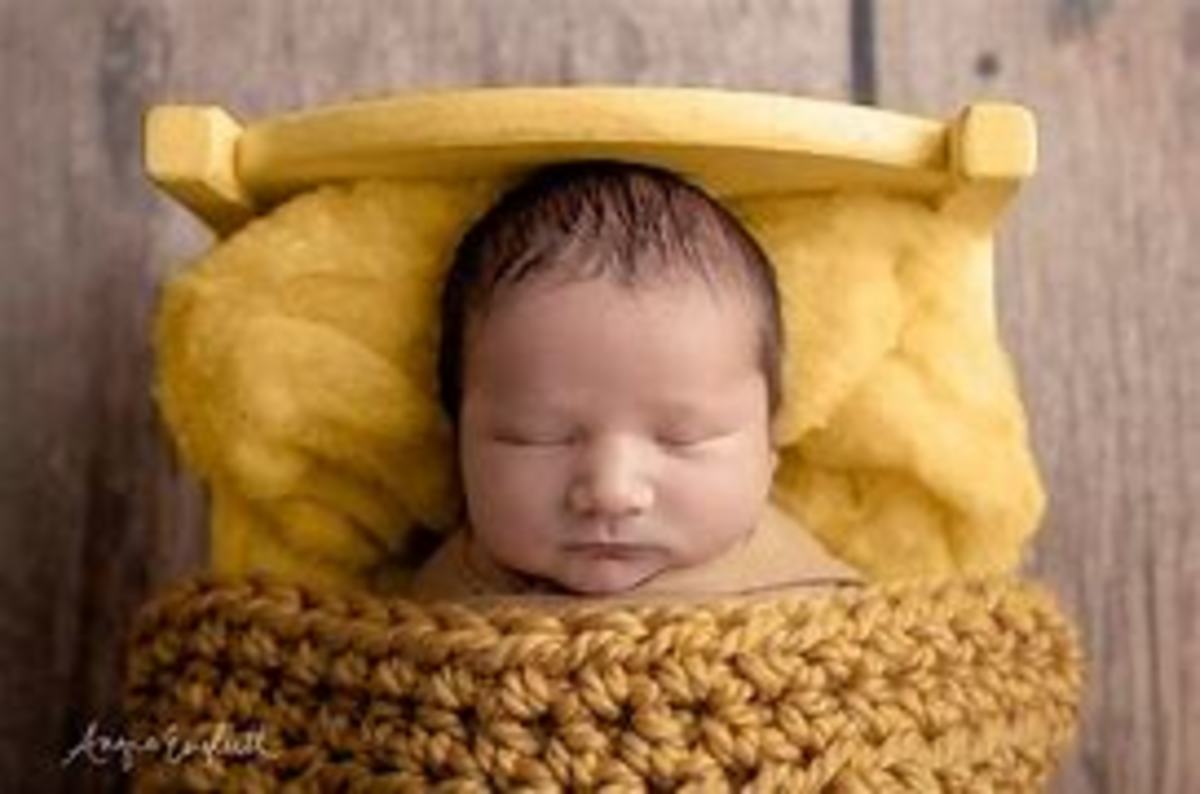Discussing Societal Evolution and its Influence Upon Guilt and Shame
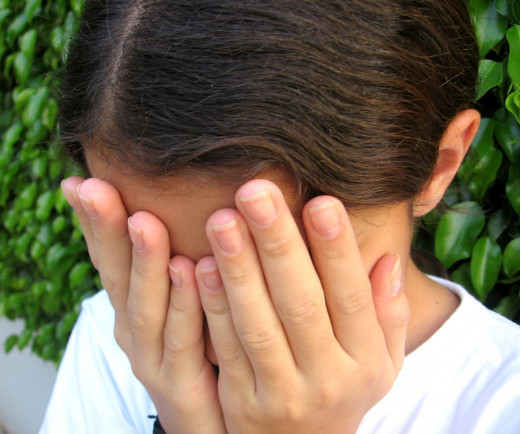
Binding Ethics With Conscience
Born with no more than the instinct to survive, any sense of ethics each of us as human beings achieve must evolve and develop. This can only come about within a given societal framework. The first people to inculcate values are our parents or parental figures. They themselves are likely to be influenced by societal norms. Hence, those activities for which we feel guilt or shame have their bases in decades, or even centuries of beliefs as to right or wrong.
How These Emotions Interweave
Conscience consists of the ability and aptitude to understand moral boundaries. This can stem from a sense of empathy for the feelings of others, or from concern for society as a whole. It may be experienced, even when no-one outside one’s self is ever likely to learn of this transgression.
Akin to guilt, shame can lurk in ourselves, or be brought about by public scorn or disgust. In addition, shame may arise when a socially unacceptable action is viewed even by one stranger. While someone might, if unseen, discard an emptied packet or tin on a sidewalk, shame might ensue if a passer-by observes this littering.
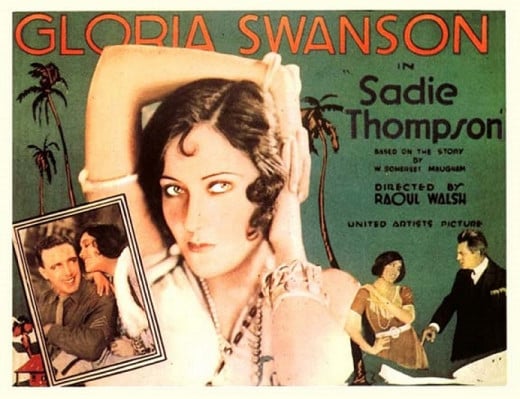
The Inability to Forgive One's Self
According to Somerset Maugham’s renowned short story “Rain”, Mrs. Davidson, wife of a hard-core missionary, states that no woman on the island of Tutuila Samoa where she and her husband had gone, in order to do the Lord's work, had been “good”. Adjudged by Christian standards, these women sinned by exposing parts of their bodies unacceptable via Christian beliefs, rather than those which had been imbued into them since their births.
Ultimately, Mr. Davidson, in an effort to convert an American visitor, the promiscuous Sadie Thompson, finds himself succumbing to lust. Once forced to accept this flaw in himself, Davidson proves as unforgiving of himself as he has been of others. Awareness of his urges results in his slashing his throat, and re-enforcing Sadie Thompson’s belief that all men are pigs.
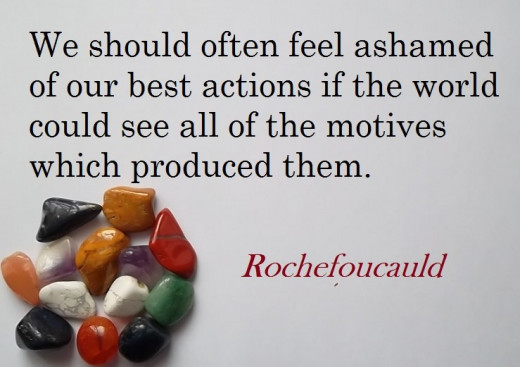
The Influence of Society and Religion
Given the prominence of religion in a large number of human lives, guilt may be impelled by any number of actions. A Catholic woman may feel guilt at having not gone to Mass due to having over-slept. Her Islamic counterpart might feel equally shamed by having left her home on an errand devoid of the covering veil required by purdah.
Conversely, while an Anglo-European man would almost certainly feel ashamed at being found to have entered into two marriages, the second one a pretense due to laws as to bigamy, an Islamic man is entitled to marry four women, provided he has the ability to support each of them separately with equal justice and attention.
This brings us to the question of when and how conscience comes into being, and to what degree it discourages behaviors we have been raised to believe, deserve private guilt or a public sentence encompassing ignominy and humiliation.
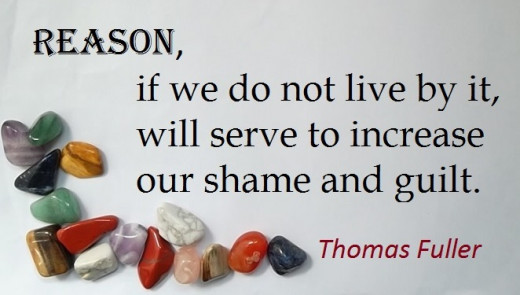
Jesse Bering: A Conscience Awakened by a Cracked Egg
As a young boy visiting a friend, Bering noticed a collection of ornamental eggs on a shelf. These eggs, he knew, were treasured by his friend’s mother; neither parent was in the home at the time. Finding one of these eggs intriguing, Bering lifted it from its shelf to examine it further. In doing so, he inadvertently cracked its shell. He then set it back in its place without telling his friend what had happened.
Upon finding the crack, his friend’s mother began asking each of the neighborhood children if they had caused it. When she asked Bering, he denied any knowledge, swearing before God he had not been the culprit. This reference to God seemed to have convinced her. Hence, the matter could have ended there-but for Bering's inner shame; guilt began to engulf him.
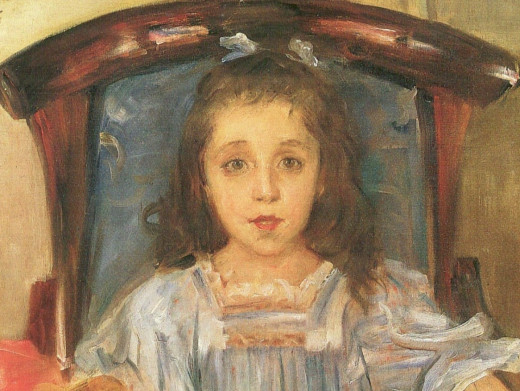
The Invisible Princess Alice and the Consequences of Feeling Observed
While this guilt was not deep enough to impel him to confess to anyone, he began to interpret small childhood injuries as penalties for his lie. This experience instilled in him a wish to understand what inculcates a belief in an almighty power. In time, his credentials and eminence allowed him to receive funding to conduct experiments into the childhood conscience. Perhaps the best-known of these studies was that of the “invisible Princess Alice.”
Prior to this, Bering asked a group of six and 7-year- olds to play a game, during which they would, ostensibly, have no supervision. Bering did, in fact, scrutinize and record their every movement. The children engaged in some cheating, as Bering expected at that age.
The following experiment introduced “the invisible Princess Alice”, explained as being able to become invisible while sitting in an empty chair. By no means menacing, Bering described her as a pleasant and friendly presence. Still, he said, she would stay in the room, observing the children’s actions.
Although some of these children said they did not believe in her existence, the amount of cheating became minimal or nil. Later, when giving older children a test, Bering told them in a quasi-humorous way that a ghost would be watching. Again, even those who insisted they did not believe in ghosts, conformed to the rules without striving to circumvent them.
Conclusions Drawn by Bering From His Life and Experiments
While not raised in a religious framework, Bering’s early experience of conscience, combined with the results of his research with children, confirmed his premise that human beings have a predisposition to believe in a deity. It is, he posits, the sense of this spiritual being which frequently underlies the choice to conduct one’s life in an honourable way.
Having reached this resolve, the tendency to gain what is desired by fraudulent means, becomes unacceptable, and is resisted. The question then becomes at what level fear of consequences enters into the equation as to whether to do what one perceives as right and good, rather than what is understood as wrong or evil. In societal terms, the source has no significance. Still, on the human /spiritual plane, there is often a difference.
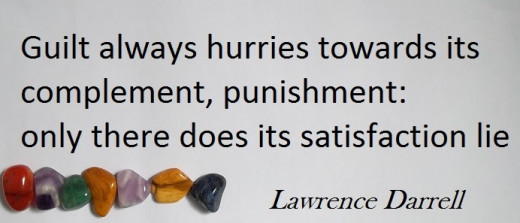
Guilt as an Implement of Control
An experiment conducted at an American university indicated people are more prone to act in a way contrary to their interests, if guilt for a previous action can be instilled. Here, “Max”, posing as a candidate for a Masters’ Degree, requested volunteers to assist with his research project.
A volunteer, “Val”, would then be asked to operate a unique machine. Each time Val pressed the required button or activated the appropriate switch, the machine appeared to malfunction. Eventually, it broke down completely and could not be restarted.
Max, seeming heartsick, would hint that a blunder by Val had caused this to happen, adding this would put an end to his hopes of earning his Masters’ degree. As the guilt-ridden Val was about to leave, Max would ask him or her to sign a petition to the president of the college, which would deprive students of various rights and benefits.
Val would invariably sign it as a kind of penance. In truth, the goal of this research was to assess the impact of guilt on subsequent conduct, even if the error had been accidental and had no relevance to the later request.
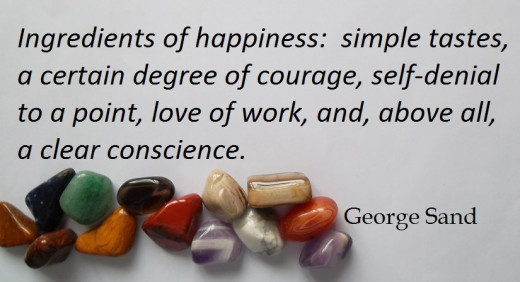
Naikan Therapy: Criminals Urged Into Self-Reflection Through the Merciless Mirror of Conscience
Naikan therapy was developed by Ishin Yoshimoto and practiced in Japanese prisons, stems from the meditative practices of Buddhist priests who practiced Mishirabe. These priests isolated themselves in caves depriving themselves of sleep food and water for several days in order to contemplate the core of human and spiritual spheres.
These caves, according to the Naikan system, have shifted to prison cells or rooms, where the patient must sit alone from 5 A.M. until 9 P.M., provided with only the most basic sensory stimulation. Unlike traditional Mishirabe confinement, these prisoners are allowed sufficient food, fluids, bathroom and comfortable room temperatures.
Why is This Therapy Frequently More Effective Than Solitary Confinement?
When subjected to traditional solitary confinement with deprivation of food and comforts convicts tend to focus on hunger, thirst, cold, abuse by guards, and other physical and psychological pain. This can shift their perspective away from their offenses and crimes, allowing them to reinforce their belief in themselves as society’s victims. Hence, while the Naikan method may initially seem more lenient, in fact, it compels memories to arise, and causes whatever guilt has been long concealed to be recognized.
Windows of Sunlight Inside Isolation
The convict’s seclusion is not absolute. At times, a psycho-therapist enters the designated space long enough to check the patient’s mental state, and then assign thoughts regarding those kindnesses the prisoner has received from others, along with the impact of the hurt and damage his actions have caused. The goal of the Buddhists was an enlightenment which would aid them throughout their earthly lives, and enhance their understanding of others.
The soul-wrenching process of Naikan therapy is to bring about a similar state. Often, after its completion, the prisoner breaks down, cries, and offers an inner apology to anyone his misdeeds might have harmed. If successful, this therapy often results in a genuine and enduring redemption. The level of recidivism, the return to the prison system in Japan after release, is among the lowest globally. While no link has yet been established between Naikan therapy and this statistic, there is arguably a connection.
This type of therapy has also proved fruitful with young offenders, those in detention centres who, though somewhat inhibited by defences, can be reached by a sense of remorse. To some degree, parents, or those who stand in for them during times of crisis, are responsible for guiding children and adolescents towards an ethical sense of humanitarian values. The longer the wait for this kind of help, the deeper the suspicion grows as to the trustworthiness of adult intervention.

Selfishness Resulting in Shame
From his book “Kisses on a Postcard” Terence Frisby recounts that during WWII, he and his brother were evacuated from their family in the city and taken in by a compassionate couple, who, only able to afford to accept one child, welcomed both boys into their household. Among other benefits, Terence learned a vital lesson which he retained throughout his lifetime.
One afternoon, when the picking of strawberries had been planned, Terence’s temporary mom spent most of the time chatting with her sister and others. Terence was the only one who picked a significant number of strawberries. Later, back at their home, during dinner, he said he should be allowed to eat all those berries he had plucked, due to his having, over-all, been the only one who had gathered them. His “Mum”, with no reprimand, said she had never known food was given only to those who provided it.
Then, ashamed by his selfishness, Terence offered a share of his strawberries to everyone at the table. After each had said “No thank you”, Terence found he himself could not eat even one; thus, the whole plate of berries was wasted. Still, Terence had come to understand the way in which greed could be hurtful and unjust, especially towards those who had shown him and his brother a good deal of generosity and affection.
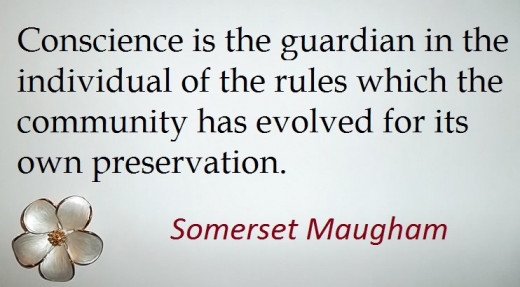
Breaking Rules and Ignoring Punishment
At eighteen, I believed myself to be the ultimate rebel, though my hiding champagne in a shampoo bottle, or leaving my boarding school for the occasional evening tryst, were mere raindrops compared to the hurricane blowing through most college campuses during that time. Meanwhile, those things for which I was caught and punished involved skipping gym class or failing to wear nylon stockings to morning chapel.
The penalty for breaking a rule, still practiced in many schools today, was detention. This took the form of sitting in a room with fellow detainees, each of us having been assigned an essay on a relevant subject. (One teacher with a sense of humour assigned “the history of clocks” to those who turned up late for his classes.)
As the date of my graduation approached, having been accepted by a good university, I grew somewhat obnoxious and arrogant. Having received a detention slip, I chose to ignore it.
Humbled by Conscience
Each detention session was supervised by a staff member. Over-all, aside from a few young teachers filled with our student zeal, we viewed staff as our enemies. Chief among these was Miss Molly Cambridge, renowned for her stringent insistence on rules. I had not known she would be on duty that day; still, had I known, I cannot be sure it would have made any difference.
Having spent a decade subjected to rules, most of which I found pointless, I felt justified in grasping this freedom. But then I heard a knock on the door of my dorm room, followed by Miss Cambridge’s voice. I opened my door with some trepidation. Yet, instead of being angry, she looked tired and sad. After a few interchanges, she said, “I’m an old lady. I am due to retire next year. Do you think it’s right for a lady my age to have to chase a young girl like you?”
If only she had been wrathful, I could have turned defiant. As it was, she looked and sounded dispirited, her eyesight waning, her back slightly bent. I felt my tears rise and begin, as I said, meaning it from the core of my heart, “I am so sorry, Miss Cambridge.”
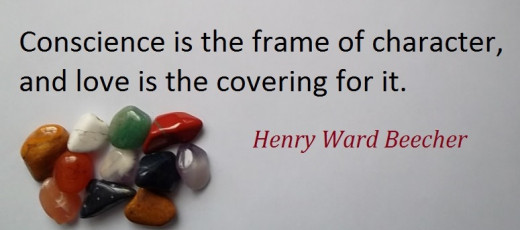
Whenever a crime is committed the curtains open upon the lives of men, but they do not always open all the way nor do they reveal everyone concerned, guilt remains off stage and innocence is paraded bare. You don't see what you want to see, but you get a full view of what should have remained hidden.
— Hans HabeI hope you enjoyed reading this hub, and I welcome your comments.
Please enter the poll
Do you believe conscience to be a strong factor in human behavior?
© 2015 Colleen Swan

